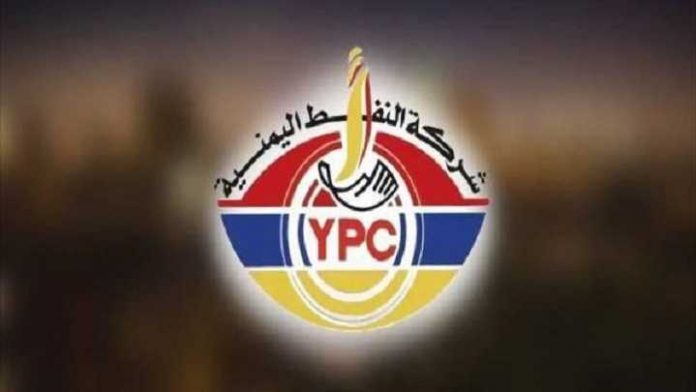The Saudi-led aggression seized the third emergency fuel ship “Sundus” to tighten the noose around the Yemeni people. The official spokesman for the Yemen Petroleum Company (YPC), Issam Al-Mutawakel, stated that the Saudi-led aggression seized the third emergency ship “Sundus”, which was carrying 32 thousands tons of gasoline.
Al-Mutawakel indicated that the US-Saudi aggression detained the ship and prevented it from reaching the port of Hodeidah despite its inspection and obtaining an entry permit from the UN, pointing out that the number of seized oil ships rose to four.
The Yemen Petroleum Company confirmed that the US-Saudi aggression continues to piracy operations of fuel tankers. A fuel crisis afflicts all Yemeni governorates, as a result of the practices and procedures of the Saudi-Emirati coalition and the pro-aggression government.
The coalition of aggression continues to piracy, detaining fuel ships, and preventing them from entering the port of Hodeidah, despite obtaining permits from UN, which aggravates the humanitarian catastrophe due to the suspension of many vital service sectors, especially hospitals, electricity, water, cargo trucks, as well as waste trucks.
Since June 2020, the aggression and its allied government have continued to prevent fuel ships from entering the port of Hodeidah, except for a few ships that entered the port with a large time difference between each ship. Most of the ships left the place where they were being held by the forces of aggression, with their full cargo, after accumulating delay fines, exceeding the price of the cargo.
The coalition’s detention of dozens of fuel ships during more than a year and a half, and preventing them from entering the port of Hodeidah, despite being subject to inspection in accordance with the approved UN inspection and verification mechanism, and having obtained all the necessary permits from the UN inspection mission, caused a suffocating fuel crisis in all governorates. under the authority of Sana’a. Most of the important vital sectors, especially the health sector, are threatened with suspension, while work has been disrupted in many productive and service sectors, which caused economic losses of millions of dollars.
The fuel stations announced that their stocks of oil had run out. Hundreds of vehicles stood in long queues in front of these stations, hoping that shipments of oil would arrive in the coming days.
Meanwhile, representatives of commercial power stations told subscribers in several neighborhoods of the capital, Sana’a, that these stations will have to cut off the power for hours during the day and night, as a result of the lack of diesel running these stations.


















